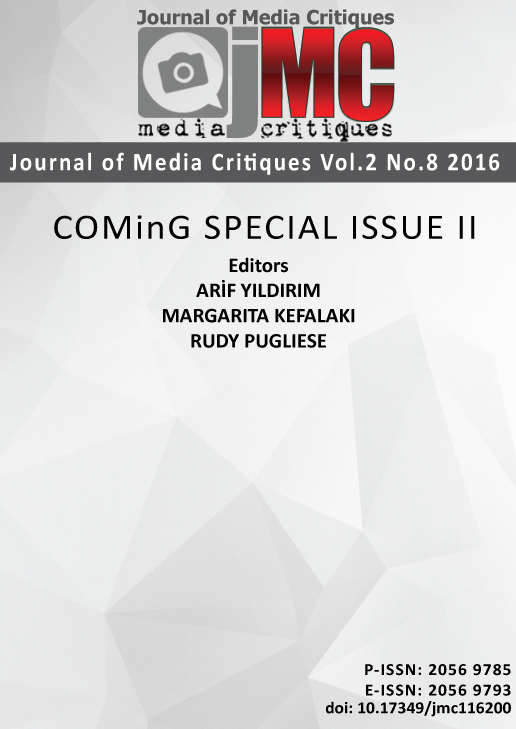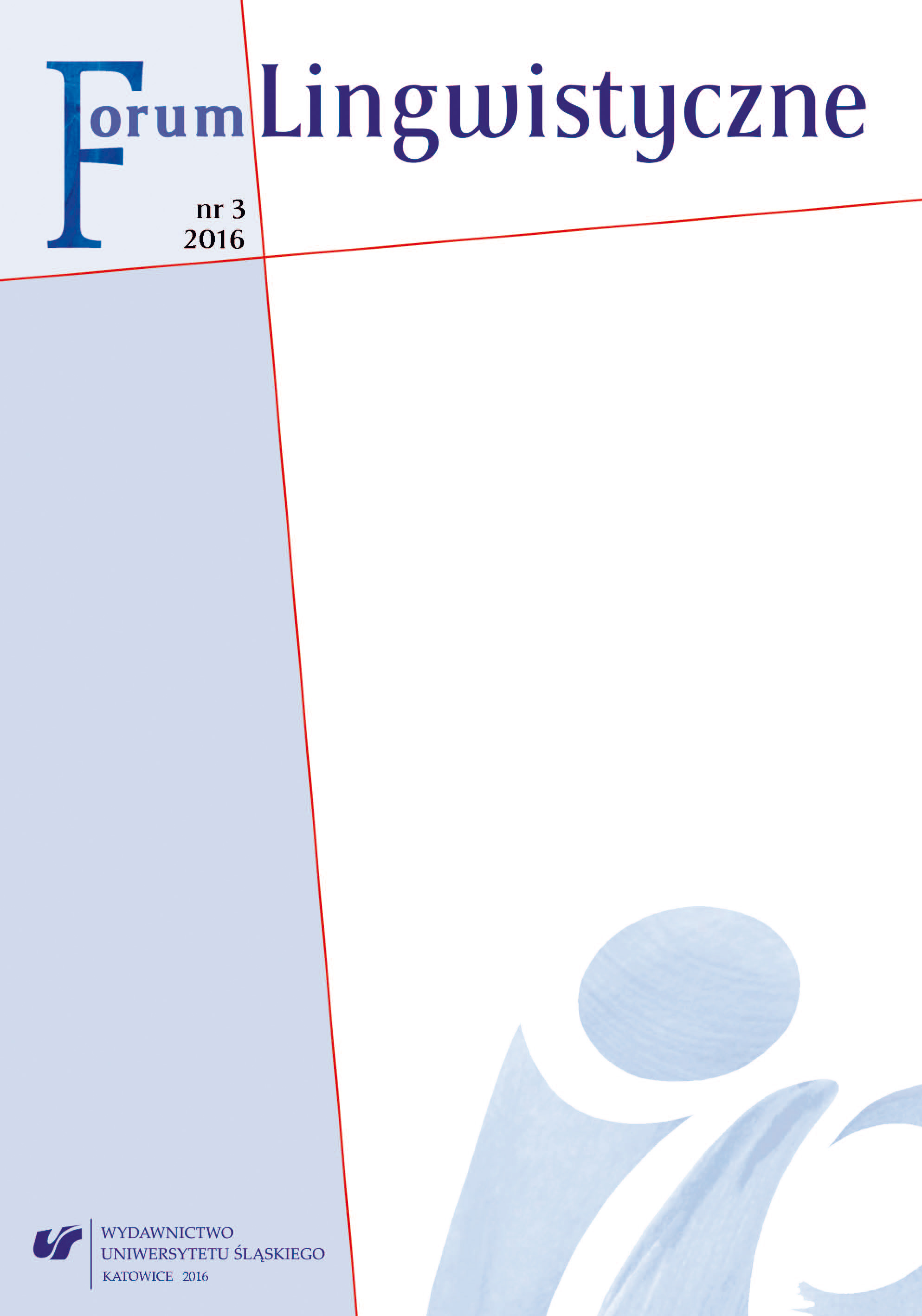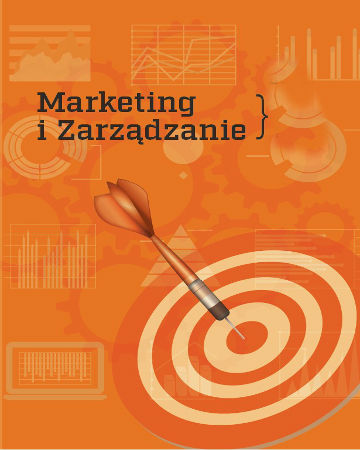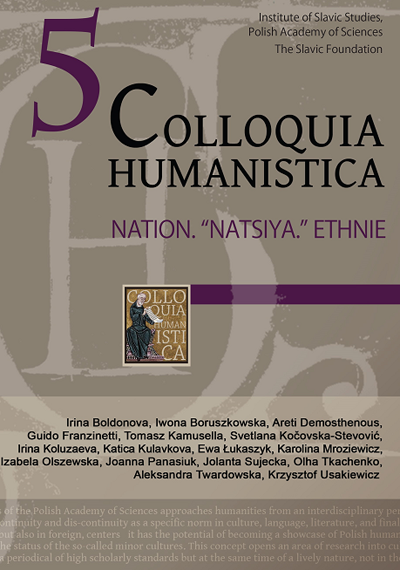
THE IMPORTANCE OF A CULTURAL PARADIGM IN THE REFORM PROCESS OF SOUTH EUROPE: ANALYSING THE CIVIL SERVICE SYSTEM IN GREECE, ITALY, AND SPAIN
The following paper focuses on the importance of the inherited administrative culture which is believed to define the character of the administration system in the years to come. Moreover, administrative culture strongly influences the way organizations operate, including the acceptance or rejection of new policies and directives. This study highlights the power of the hegemonic cultural paradigm and the resistance it shows toward possible changes. The countries of Greece, Italy, and Spain are used as case studies, since they follow the Napoleonic administrative tradition. Additionally, these countries continue to present vivid features of the respective tradition, despite the numerous changes that have been imposed during the reform period from 1980 until 2000. The aim of this study is to put the New Public Management doctrine into a new perspective, by questioning its ability to be successfully implemented to national administrative systems and deliver positive results.
More...





